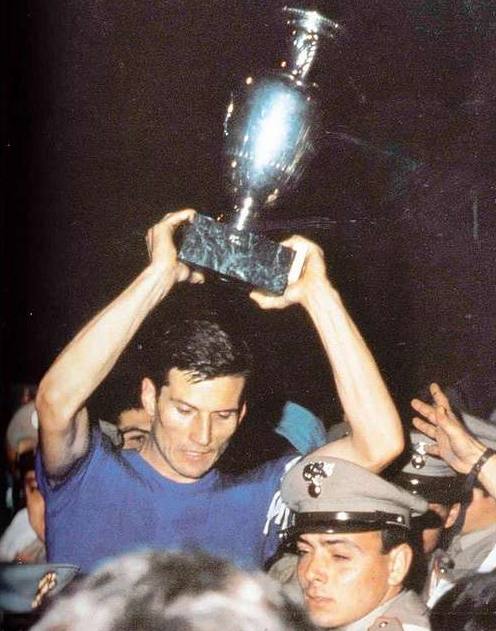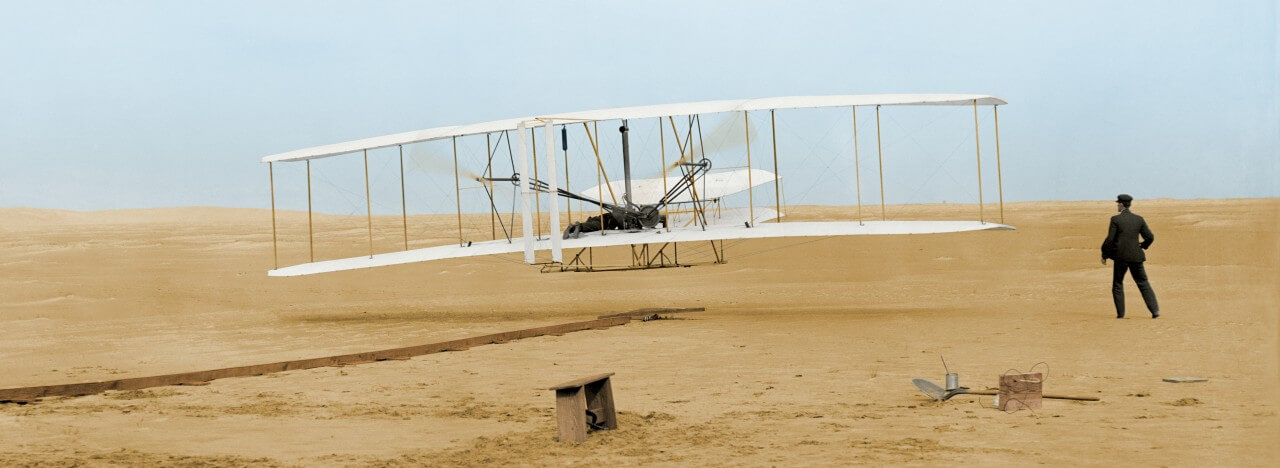In the world of sports, years of training, strategy, and athletic brilliance are meant to decide the victor. But what happens when two perfectly matched teams are impossible to separate? In one of the most remarkable instances in football history, the fate of a major international tournament was decided not on the pitch, but by a simple coin flip in a quiet room, far from the roar of the crowd.
The year was 1968, and the UEFA European Football Championship semifinal was underway. Host nation Italy, one of the powerhouses of world football, was locked in a fierce battle against the formidable Soviet Union. For 120 grueling minutes, including extra time, neither team could score. The match ended in a 0-0 stalemate, a testament to the iron defenses of both sides. In the modern era, a penalty shootout would decide the winner, but in 1968, that rule did not yet exist. The official tie-breaker was a coin toss.
The two team captains, Giacinto Facchetti of Italy and Albert Shesternyov of the Soviet Union, were escorted by the referee into the dressing room. The German referee tossed the coin, and Facchetti called it correctly. He emerged from the room, arms raised in victory, to the astonishment of the waiting stadium. Italy had advanced to the final without scoring a single goal in the match. They went on to win the championship, securing a place in history thanks to a moment of pure, unadulterated chance.


